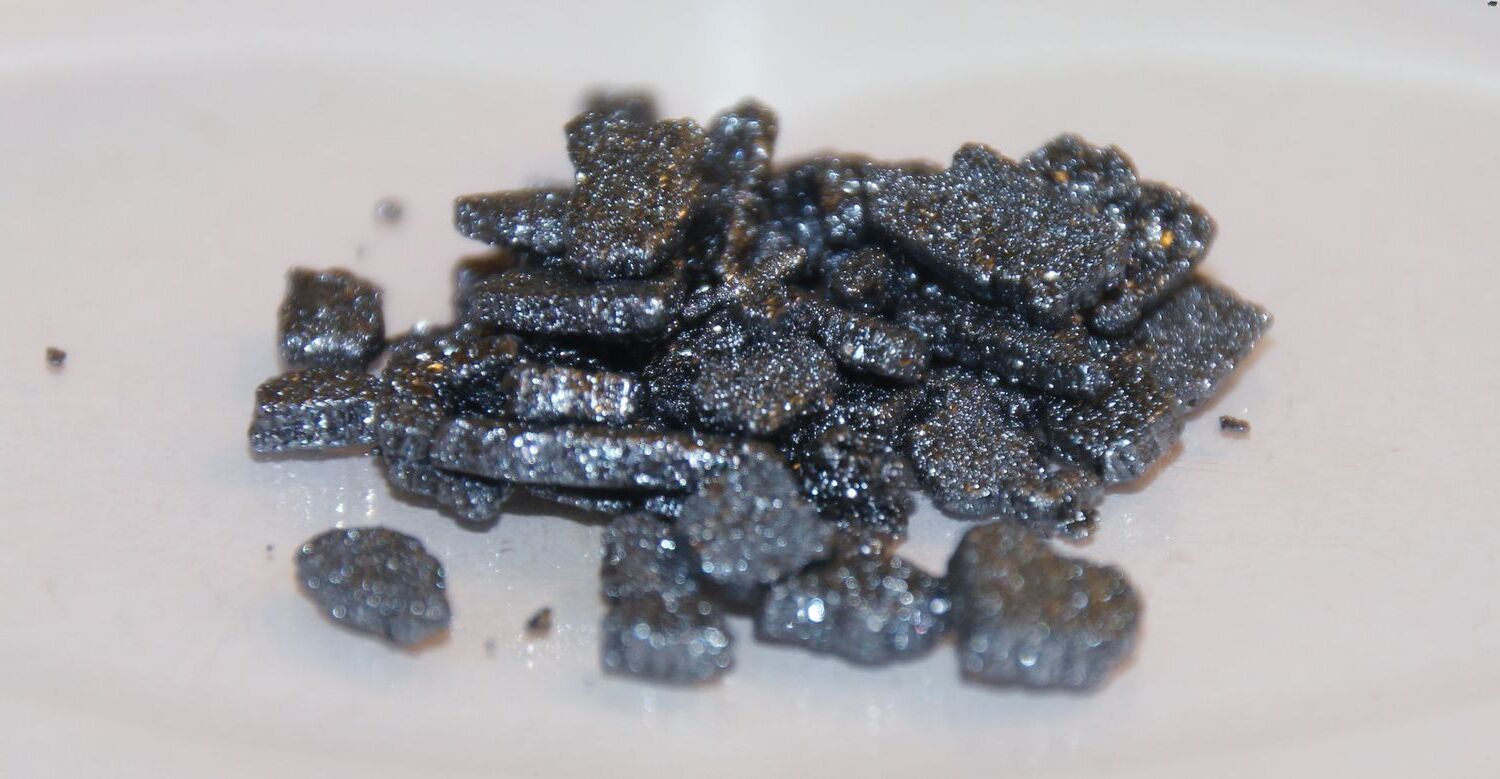
Iodine is a fascinating element that plays a crucial role in our health and the environment. Often recognized for its distinctive purple vapor when heated, this element has properties and uses that extend far beyond the science lab. From its critical function in thyroid health to its application in medical sterilization and beyond, iodine's impact is vast and varied. In this introduction, we'll embark on a journey to uncover 15 intriguing facts about iodine, shedding light on its importance, versatility, and some lesser-known aspects that might surprise you. Whether you're a science enthusiast or simply curious about the world around you, these insights into iodine will provide a compelling glimpse into an element that shapes our lives in myriad ways.
What is Iodine?
Iodine is a vital element for human health, playing a crucial role in various bodily functions. Here are some intriguing facts about this essential mineral.
-
Essential for Thyroid Function: Iodine is necessary for the production of thyroid hormones, which regulate metabolism, growth, and development.
-
Found in Seawater: Most of the world's iodine is found in oceans. Seaweed, fish, and other seafood are rich sources of this mineral.
-
Prevents Goiter: A deficiency in iodine can lead to an enlarged thyroid gland, known as goiter. This condition can cause swelling in the neck and other health issues.
Health Benefits of Iodine
Iodine offers numerous health benefits beyond thyroid health. Let's explore some of these advantages.
-
Supports Brain Development: Adequate iodine intake during pregnancy is crucial for fetal brain development, reducing the risk of intellectual disabilities.
-
Boosts Immune System: Iodine has antimicrobial properties that help the body fight off infections and maintain a healthy immune system.
-
Improves Cognitive Function: Iodine deficiency can impair cognitive abilities. Ensuring sufficient intake can enhance mental clarity and focus.
Sources of Iodine
Knowing where to find iodine in your diet can help you maintain optimal health. Here are some common sources.
-
Iodized Salt: One of the easiest ways to ensure adequate iodine intake is by using iodized salt in cooking and seasoning.
-
Dairy Products: Milk, cheese, and yogurt are good sources of iodine, thanks to the iodine content in animal feed.
-
Eggs: Eggs contain a moderate amount of iodine, making them a convenient addition to your diet.
Iodine in Medicine
Iodine has various medical applications, showcasing its importance beyond nutrition.
-
Antiseptic Use: Iodine is commonly used as an antiseptic to clean wounds and prevent infections.
-
Radiology: Iodine-based contrast agents are used in medical imaging to enhance the visibility of internal structures.
-
Thyroid Treatments: Radioactive iodine is used to treat certain thyroid conditions, including hyperthyroidism and thyroid cancer.
Interesting Facts About Iodine
Here are some lesser-known yet fascinating facts about iodine that highlight its unique properties.
-
Discovered in 1811: Iodine was discovered by French chemist Bernard Courtois while he was extracting sodium and potassium compounds from seaweed.
-
Purple Vapor: When heated, iodine sublimates into a purple vapor, which is a distinctive characteristic of this element.
-
Essential for All Living Organisms: Not just humans, but all living organisms require iodine for proper functioning, emphasizing its universal importance.
A Final Glimpse at Iodine's World
We've journeyed through the fascinating realm of iodine, uncovering its critical role in our health, its presence in the environment, and its diverse applications. From bolstering thyroid function to purifying water and even powering spacecraft, iodine's versatility is unmatched. Remember, maintaining the right balance of this essential element is key to our well-being. Too little can lead to health issues, while too much poses its own set of risks. Always consider dietary sources like fish, dairy, and iodized salt to meet your needs. As we close this chapter, let's appreciate the profound impact that such a small element can have on our lives and the world around us. Keep exploring, stay curious, and let the wonders of science, like iodine, inspire you every day.
Was this page helpful?
Our commitment to delivering trustworthy and engaging content is at the heart of what we do. Each fact on our site is contributed by real users like you, bringing a wealth of diverse insights and information. To ensure the highest standards of accuracy and reliability, our dedicated editors meticulously review each submission. This process guarantees that the facts we share are not only fascinating but also credible. Trust in our commitment to quality and authenticity as you explore and learn with us.


